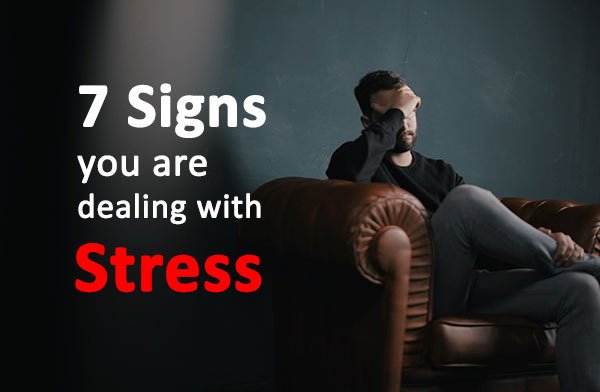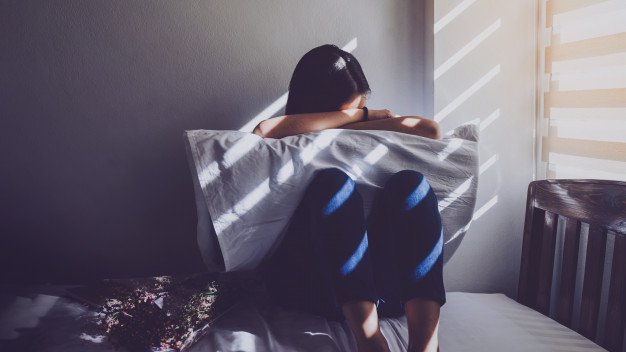Talk to a Psychologist for Online Counselling
Book Appointment 100% Private & Secure
Convenient, 100% anonymous, safe, certified professional counseling online.Do you feel nervous? Do you feel butterflies in your stomach? Feeling restless and overwhelmed by thoughts of negative and overwhelming? It’s anxiety!
According to research and statistical data supplied by WHO and the World Economic Forum,
The world’s population is 275 million and are suffering from anxiety problems. It’s about 4 percent of the population of the world, which is a variation of between 2.5% and 6.5 percent of people in each nation. A majority of 62 percent of sufferers of anxiousness are women (170 million) and men suffering from anxiety 105 million.
This is an astronomical number that doesn’t appear to be ending there. It raises the bar for professionals in mental health and their strategies for dealing with the issue.
Being a victim of anxiety can be an arduous experience. It doesn’t matter if you’ve dealt with it for many years, or are first-timers to the battle and are just beginning to learn about it, it can be difficult to figure out what you should do or how to deal with it. In this article, we’ll discuss five common mistakes to avoid when battling anxiety, so you can begin feeling more relaxed and tackling your anxiety well.
Mistake 1# Avoiding the issue
One of the biggest errors of those who suffer from anxiety is avoidance or not acknowledging the issue entirely. Although this may provide some relief for a short time however, it can result in your anxiety more severe in the end. Recognizing and confronting your anxiety is an important action in taking care of anxiety. When you acknowledge your anxiety, you can begin to determine the causes that trigger your anxiety.


When you know what causes your anxiousness, you can start to work with strategies for coping to control the issue. It’s crucial to confront your anxiety and accept your emotions. Look for the triggers that cause your anxieties and work in ways for managing them. You’ll be able to lead a life that is more enjoyable and happier. life.
Controlling anxiety is a continuous process and patience is essential. If you are patient and consistent, you can learn to handle your anxiety efficiently and enhance your overall health. It is possible to can manage the effects of your anxieties by confronting your anxieties and acknowledging your thoughts.
What do I do?
If, for instance, you are feeling anxious in a crowded place like the mall that is crowded It is essential to recognize the anxiety and determine out methods to handle the anxiety. It’s possible to take a break by going to a more tranquil zone or using relaxing techniques like breathing deeply or listening to music as you stroll.
Mistake #2 Self-medicating
A common error people commit when confronted with anxiety is taking self-medication, taking drugs, or alcohol. While these may offer temporary relief but they can result in dependency and can make anxiety even worse in the long term.
Drinking alcohol and other drugs can alter the brain’s chemicals and increase the likelihood of being diagnosed with anxiety disorders. In addition, taking self-medication can cover up the root problems which are responsible for the anxiety, which makes it harder to tackle this issue promptly.
It is important to seek out assistance from a professional when dealing with anxiety instead of relying on your medication. There are various effective solutions offered, which include therapies, medications as well as lifestyle modifications. The treatments can aid you discover strategies to cope as well as address the root cause of your anxiety. These can lead to long-term relief as well as improved health.
What should I do?
Think about speaking with an expert in mental health or your physician about the treatment options available. There are numerous effective treatment options offered, which include therapies, medication, and self-help strategies.


Mistake 3# To isolate yourself.
Being apprehensive about yourself is one of the most common responses to anxiety, however, it can cause harm to your mental wellbeing. If you avoid social interactions, you may miss out on the social support and connections which can assist in managing anxiety.
Social help is an essential aspect of dealing with anxiety. It can give you a feeling of connection, alleviate the feeling of being isolated as well as offer an environment where you can share your thoughts and emotions. Connecting with loved ones and family can be a wonderful source of help and you may discover that being with your loved ones can assist in relieving the feelings of anxiety.
What do I do?
Be aware that you’re not the only one as many suffer from anxiety. The act of sharing your experience with other people can provide a great means of sharing experiences and finding assistance.


Mistake #4 Catastrophizing
Although it’s normal to be concerned about negative results worrying about the possibility of catastrophe can cause harm to your psychological health. It can result in a feeling of despair and despair that is usually insignificant to the threat of the scenario. The term “catastrophizing” is the process where you think that the worst scenario will take place. It’s easy to slip into this trap when stressed, but it’s essential to rethink the thoughts that you have and instead focus on the more plausible outcomes.
It is important to be able to question these ideas and concentrate on the more realistic possibilities. The best way to accomplish the latter is you should ask yourself questions such as “What evidence do I have to support this catastrophic thought?” Or “What’s the likelihood of this worst-case scenario happening?”
The best way to manage your anxiety is to can gain a more rational and balanced view by confronting the negative thoughts of your mind by focusing on achievable outcomes. This can assist you deal with your anxiety better and minimize the effects of destructive thoughts on your mental well-being.
What do I do?
Make an effort to change the way you think about negative things to focus on positive outcomes. If, for instance, you’re nervous about giving a presentation at work instead of worrying about it and thinking that the presentation will fail, concentrate on the positive results of performing well and feeling confident and assured.
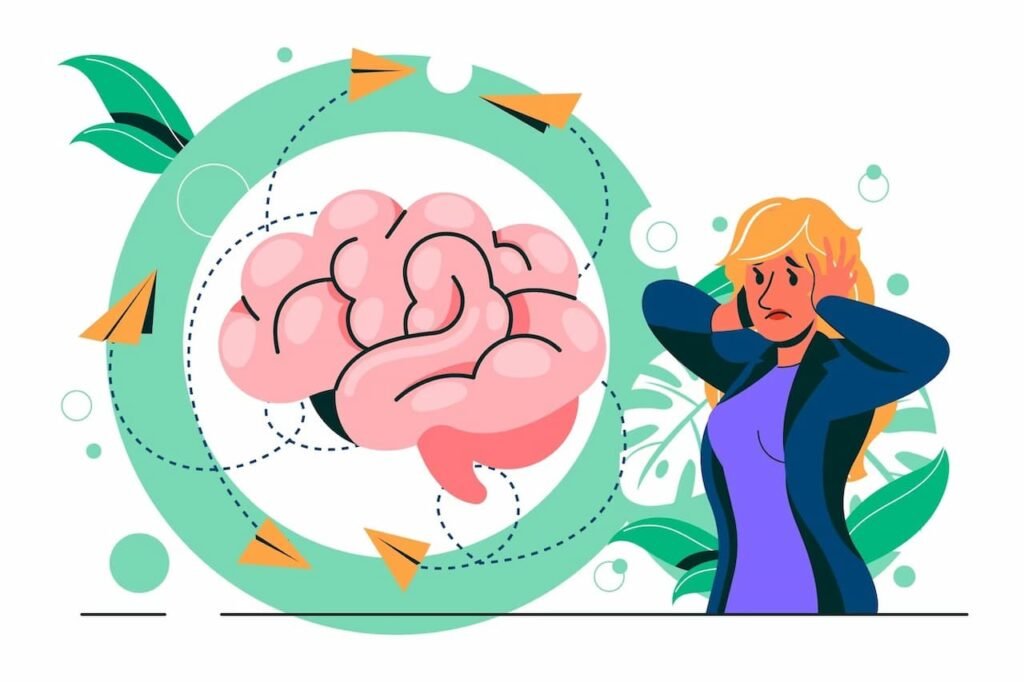

Mistake 5# Neglecting to take care of self-care
Not taking care of yourself is one of the most common mistakes individuals make when dealing with anxiety. It’s easy for people to focus on other tasks and not take good care of yourself. However, this can cause you to neglect taking good care of yourself essential for managing anxiety. Inattention to self-care can result in your anxiety being more severe and cause it to be more difficult to control. You should ensure that you’re getting sufficient sleeping, eating a nutritious diet, and working out regularly.
What do I do?
Try relaxation techniques like mindfulness, deep breathing, or even yoga. Don’t forget to take breaks, and participate in things that give you satisfaction. It could be spending time with your loved ones and going through a book or taking walks, be sure you’re taking care of yourself.
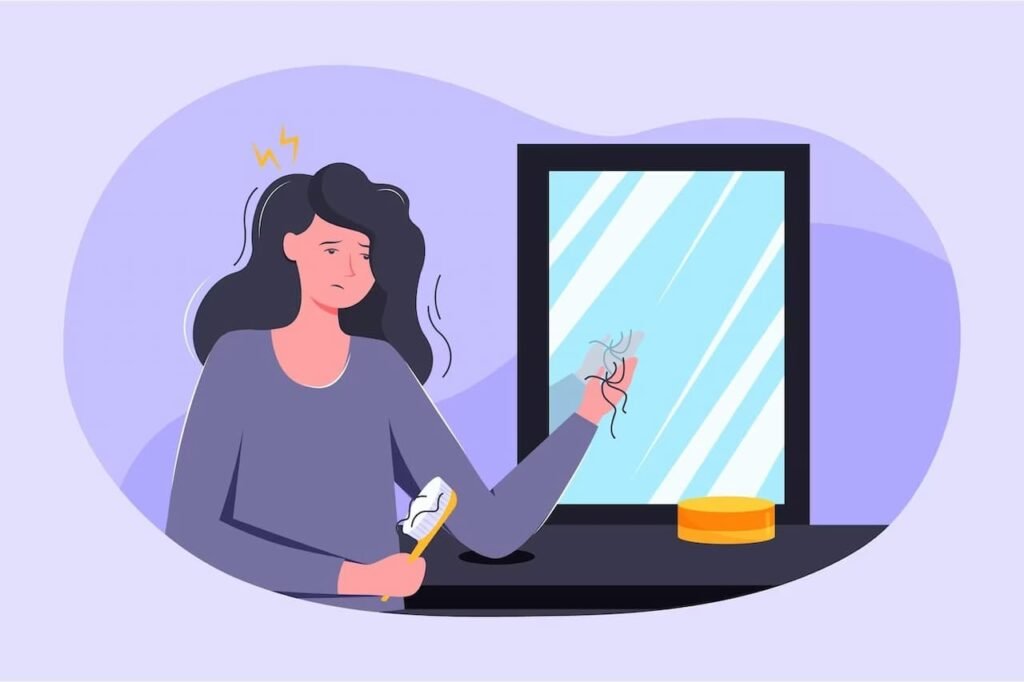

Best ways to dealing with anxiety
The process of dealing with anxiety can be challenging, but there are several options you can use to deal with your anxiety and improve your mood. Here are some suggestions:
1. Breathe :
If you’re stressed breathing deeply can aid in calming your body as well as your mind. Take a slow breath through your nostrils, holding it for several seconds before exhaling slowly with your mouth. The practice of mindful breathing is an excellent method to manage anxiety. Breathing with mindfulness is an excellent technique since you can be focused on breathing and release any negative emotions and thoughts.
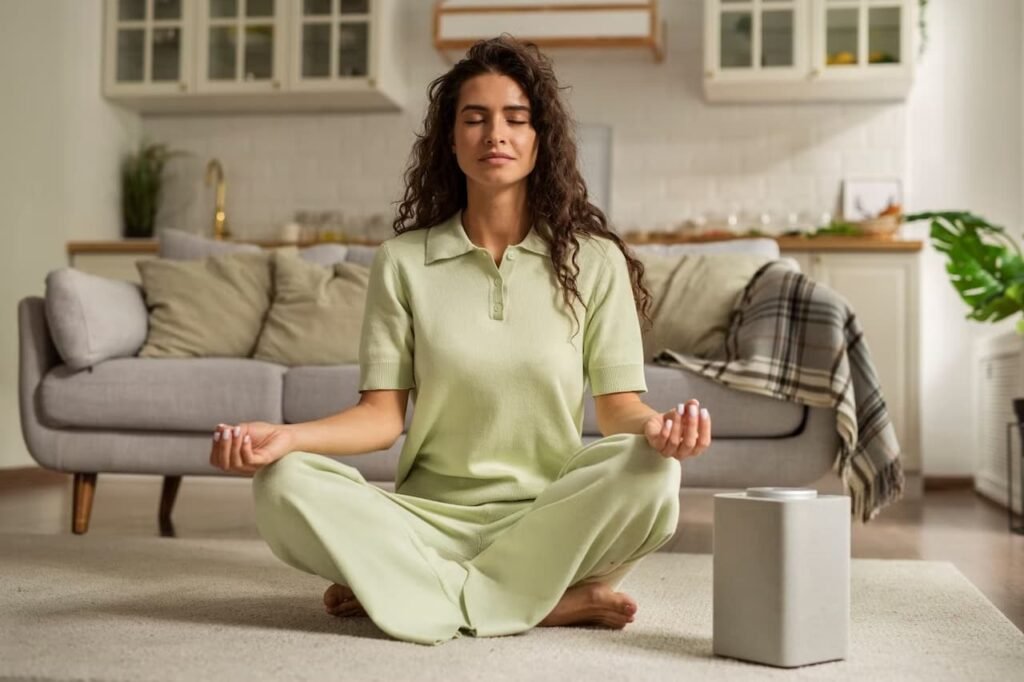

2. Keep alert :
Training can assist in the reduction of anxiety-related symptoms. Make sure you move for 30 minutes on a typical day during the week. Exercise releases hormones that can help with anxiety and stress. An hour or two of exercises is recommended to give aside the negative thoughts. An easy walk in the early morning, or an at night tie while enjoying the surrounding puts some pause on racing thoughts, and can provide some peace.
3. Explore new ways to use your imagination :
Explore your creativity, and take part in all forms of art, like painting, gardening, or drawing designs using strings in your fingers. Listen to music or play music. There are various ways to divert your mind, if you are driven to. The ability to think creatively is infectious. Simply get the hack of it and notice how it changes in you.
4. Speak to someone about :
Talking about your thoughts with a friend you trust or a family member can make you feel more secure and more secure. If you have no person to talk about your feelings and thoughts with, get in the mirror of the mirror and discuss all your worries with you. Simply say the words out in a loud voice and listen to yourself. This can help.


5. Practice self-care :
Spend time with yourself and take part in things that give you satisfaction, such as relaxing, reading, or enjoying music. It’s important to set aside some time to yourself while managing anxiety. Engaging in actions that give you satisfaction can assist you unwind and recharge, which can in the end reduce your feelings of anxiety and stress.
6. Limit caffeine and alcohol :
The restriction of your consumption of alcohol and caffeine can reduce anxiety signs. Although caffeine can enhance the feeling of energy and alertness, however, it can cause sensations of anxiety and jitteriness. In the same way, alcohol may help temporarily with anxiety but it can cause more anxiety in the longer term.
If you’re struggling with anxiety, it may be beneficial to lower or remove alcohol and caffeine from your eating habits. You should instead choose better alternatives, such as natural teas, fruit juices, and water. They can give you a boost of energy without the harmful impacts of caffeine and alcohol.
7. Find help from a professional :
If your anxiety is affecting your everyday life, or you’re struggling to manage the issue by your on your own, you should consider getting assistance from a professional in mental health. They can help you with customized treatments and assistance.
A professional can help provide you with a secure and secure space for you to speak about your worries and emotions and formulate strategies to reduce your anxiety. An expert in mental health can aid you discover the primary causes of your anxiety and devise a treatment program that is customized that address your particular requirements. Many different kinds of therapies can prove to be successful in dealing with anxiety. These include CBT, also known as cognitive behavioral therapy (CBT) as well as mindfulness and exposure therapy. Mental health professionals can work alongside you to decide on the right strategy that is best suited to your specific needs and desires.


Always remember that seeking help from a professional is an indicator of confidence rather than weakening. You must have the confidence to seek out to get help whenever you require it as well as there is no excuse for asking to be supported.
Final words
The bottom line is that controlling anxiety can be an uphill battle and avoiding the following common errors can aid in making it easier to accessible. If you can face your anxieties, seek assistance from a professional, keep your friendships, challenge negativity, and prioritize your health, you can take positive steps toward managing your anxiety.
Be aware that recovering is an ongoing process and you must be gentle with yourself while you work toward reducing your ailments. Do not be discouraged when the progress is slow or if delays occur. Through time, work, and support you can be able to control your anxieties and lead an interesting and fulfilling life.
If you’re suffering from anxiety, you’re not the only one. There are numerous resources and support readily available to assist you in your quest to improve your overall health and well-being. Do not hesitate to seek out assistance and help whenever you require it. As a group, we can work towards dispelling the stigma associated with mental health, and support our fellow patients in our process of recovering.
Call us to book a session today.
Contact us at +91 9811335150
Email us – info@onlinecounselling4u.com
Follow us on Facebook or Instagram
Talk to a Psychologist for Online Counselling
Book Appointment 100% Private & Secure
Convenient, 100% anonymous, safe, certified professional counseling online.
